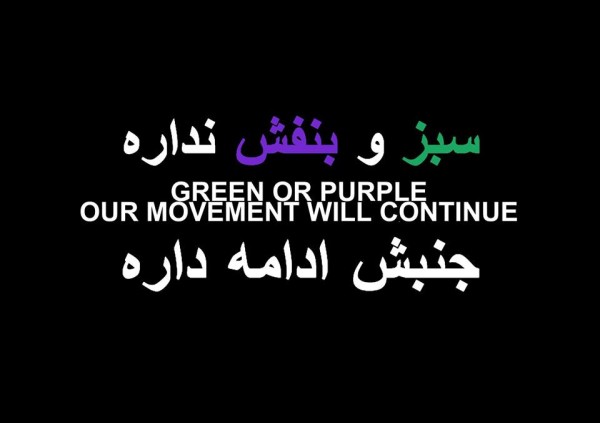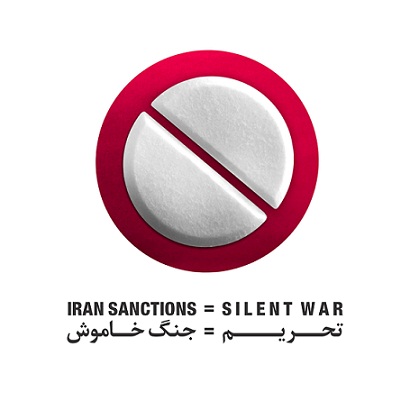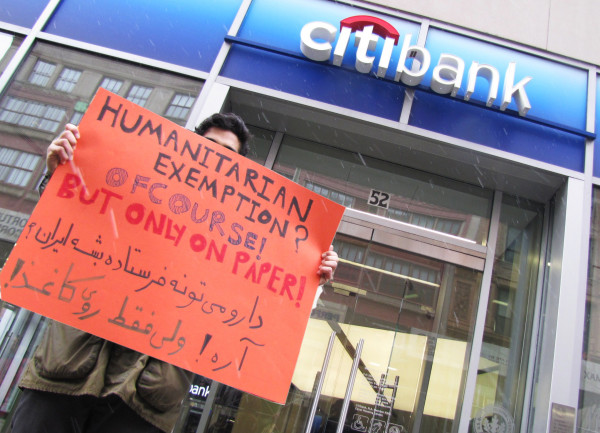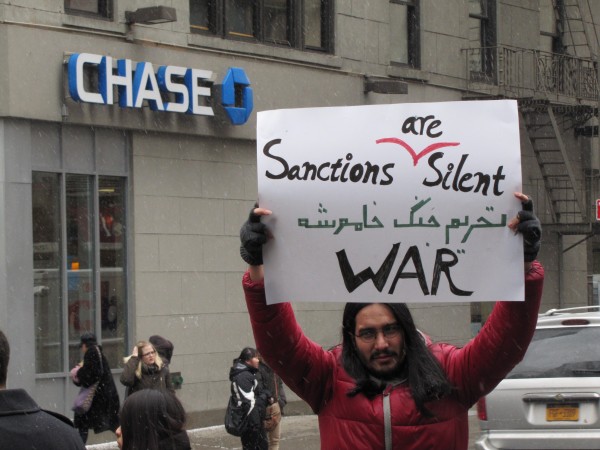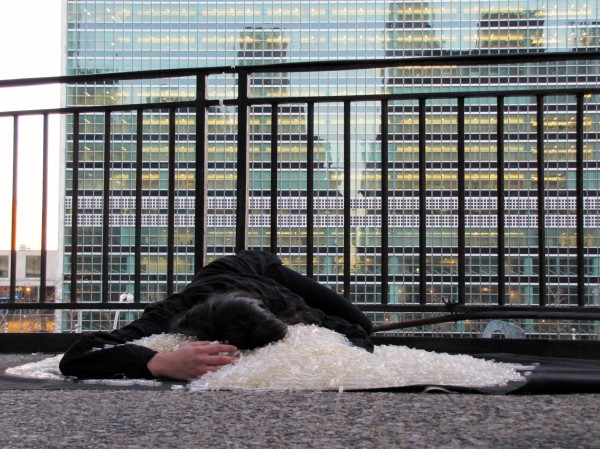Havaar’s September 25th protests and their aftermath have left us pretty busy of late, so we’re a bit behind the times here, posting about an event from a couple of weeks ago. But we wanted to give a quick “report back” on the workshop Havaar held at Free University Week in Manhattan’s Madison Square Park on September 20th.
For those unfamiliar with the Free University, its organizers describe it as follows:
“The Free University in New York is an experiment in radical education and an attempt to create education as it ought to be. First conceived as a form of educational strike in the run up to May Day, 2012, the Free University has subsequently organized numerous days of free and open education in parks and public spaces in New York City.”
Havaar could not be more down with this “experiment,” and with the idea that education ought to be a “cooperative mission,” so we were happy to be granted a slot for an open-ended workshop relating to Iran. As the event announcement noted, “With crippling sanctions imposed on Iran and constant talk of war, the need for real information about the content, context, and impact of US-Iran policy has never been more urgent.”

Havaar table at the Free University.
Around 25 people showed up to participate in the group conversation, while others stopped by a table Havaar set up to take literature and discuss Iran. A member of Havaar facilitated the group discussion, but we were mainly interested to hear what others in the workshop wanted to talk about and learn.
Among the main issues covered was a question that has been central to Havaar’s organizing—whether or not those of us who do peace movement work should be critical of the Islamic Republic of Iran while that country and its citizens are targeted by U.S. imperialism, through sanctions and the threat of military attack. Havaar’s position is that activists should do exactly that, but others in the workshop argued that it was wrong to be critical of Ahmadinejad, Khameini, and the Iranian government at this point. Rather some felt that the focus should be on opposing American imperialism because that ought to be the primary role of activists in the U.S., but also in part because Iran takes an anti-imperialist stance.
Havaar members argued that, while opposing U.S. imperialism, war, and sanctions is absolutely critical, the anti-imperialist rhetoric from Ahmadinejad and other Iranian leaders really is just rhetoric—about as meaningful as President Obama’s supposed concern for freedom and democracy in the Middle East. These are difficult issues, and there certainly were differences of opinion, but it was a good conversation and one which will hopefully continue in other forums.

Discussion at the beginning of the workshop.
The workshop also discussed ways to stand in solidarity with Iranians in the face of threats on multiple fronts, the effects sanctions have had on the ability of the Iranian government and average Iranians to perform normal international transactions, and the general situation in Iran, particularly the ways in which sanctions and government mismanagement have had a negative impact on day-to-day life. Members of Havaar stressed that, all too often, the discussion on Iran turns to state politics and rhetoric and lacks any real focus on the experiences and perspectives of average Iranians.
The issue of prisoners of conscience in Iran was also touched on, given that Havaar calls for the release of political prisoners in Iran. One participant asked about prisoners of conscience in the United States, such as Bradley Manning, and a Havaar member wholeheartedly agreed with that concern and remarked that what we really need to be calling for is the release of political prisoners all over the world.
The Free University is a terrific project, and Havaar looks forward to participating in similar educational events in the future. We are dealing with very complex questions and do not claim to have all of the answers, which makes open dialogues like this one all the more important.

